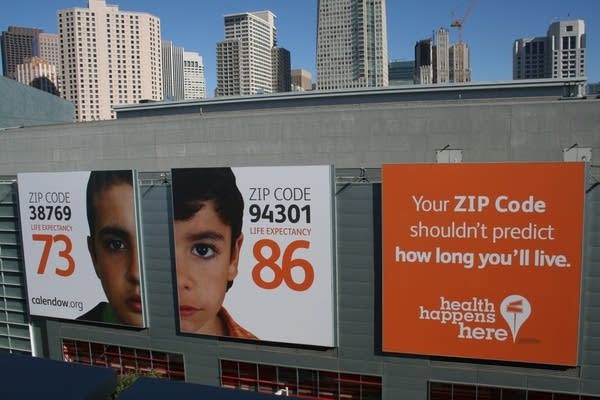Americans die younger than others in wealthy nations. What can we do about it?

A recent report by the CDC found that American life expectancy is the lowest it’s been in two decades. There are a lot of reasons for this, including our poor diets, access to healthcare, guns, car crashes and the impact of COVID-19.
BMJGo Deeper.
Create an account or log in to save stories.
Like this?
Thanks for liking this story! We have added it to a list of your favorite stories.


